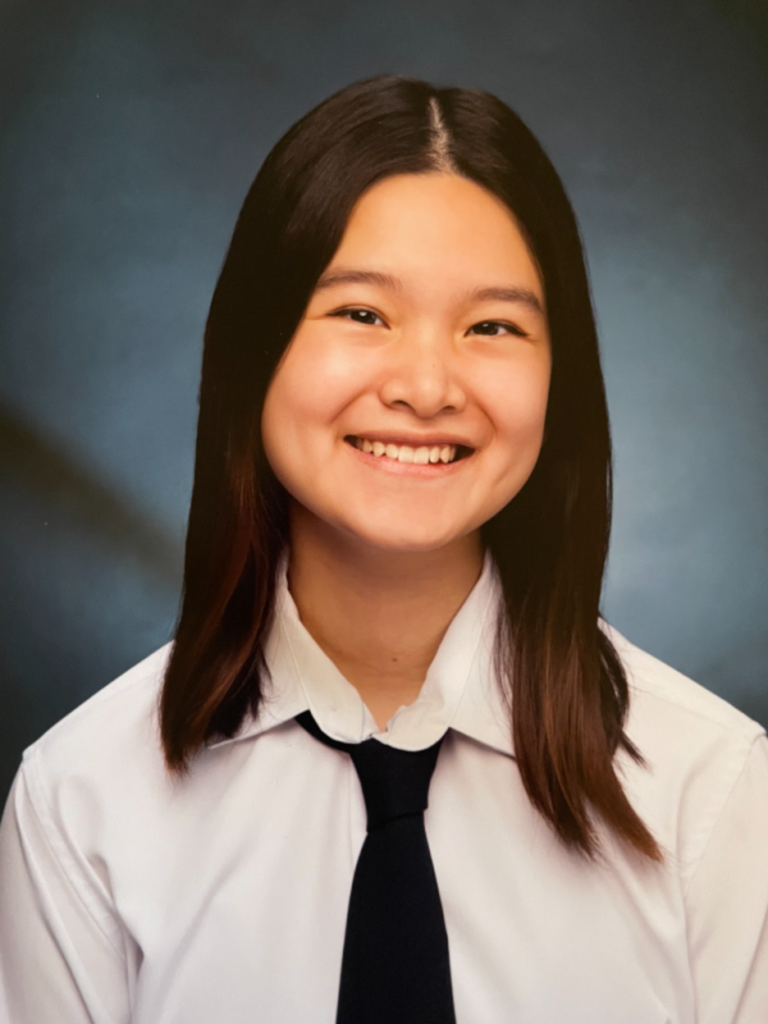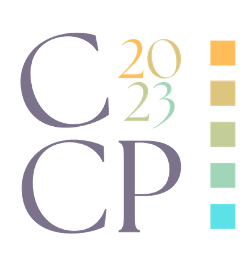
navigating burnout as a mental health activist
crystal widado
From middle school on, I became a mental health activist because I wanted to make sure no one else went through the pain I experienced in middle school as a suicidal and bullied 12-year-old. In less than 3 years, I had started several mental health initiatives that I deeply cared about. But as time went on and I accepted more responsibility, I started trading away my health to manage it all.
In my mind, I told myself that I had to push myself for every other bullied Asian kid out there and every other suicidal queer student suffocating in their intolerant community. I told myself: I’m burning myself out so that they will never have to.
However, this isn’t just a singular anecdote of a classically burnt-out first-generation Asian kid; this is a culture that has invaded the mental health field.
It is challenging to balance the fight against symptoms of capitalistic and meritocratic systems while also fighting against the internalized notions of success, productivity, greed, and work that these symptoms promote. Simply telling every mental health activist, researcher, and policy-maker in the field to change individually isn’t going to work; we need a paradigm shift in the mental health field.
For some, the pressure of balancing being a student and a mental health advocate has taken a significant toll. Catherine Delgado, a sophomore at George Washington University, co-founded the San Diego school district SWEAR program, which stands for Student Wellness Education and Resources. At just 19, she had successfully lobbied and passed a resolution with the Board of Education to prioritize mental health education for the second-largest school district in the state of California in the middle of the COVID-19 pandemic. But growing up as a mental health activist has come with the pressure to do more and become more involved. Despite moving to D.C. with the intention of taking a step back from advocacy and wanting to have a more traditional first semester of college, Delgado shared how “It felt like one day these opportunities are going to run out because I’m going to get old.”
At the annual Mental Health America conference that Delgado was a keynote panelist, she remembered realizing how she wasn’t alone in her burnout. “It made me realize how tired some of these people I respect so much are,” Delgado reflected, “Unfortunately in this field of mental health, the culture is just so emotionally taxing because everyone is in it for a personal reason.”
Delgado has since slowed down. “It was a little bit weird because, before this break, I don’t remember the last time my friends and I stepped out of the library and just talked in a coffee shop so it’s nice to be back in that mindset,” she shared, “It’s nice to not have to grow up so fast and just be with my friends doing things people are supposed to do this semester.”
For some researchers like Sam Gerry, the direction of the field often contributes to burnout’s symptoms of cynicism and exhaustion in his work. Gerry, a current junior at Bates College, is the founder of Kick It for a Cause, Inc., a nonprofit organization dedicated to raising awareness and money for suicide prevention through an annual kickball tournament. But despite gaining success with his non-profit and winning the Mental Health America mPower award in 2022, Gerry still feels pessimism about the future of the advocacy field.
“In the United States, one very clear-cut way to prevent suicide-something that has been shown in so many ways around the country and around the world-is limiting access to lethal means and we’re just making no progress,” said Gerry.
Between the Instagram-styled affirmation posts and the superficial but extremely profitable marketing of mental health slogans, Gerry doubts the legitimate progress of these surface-level movements. Although these well-intentioned efforts are making real change, youth suicide rates continue to climb and little to no policy efforts have been done to tackle gun violence, transphobia, and lack of access to mental health care.
Although the COVID-19 pandemic has increased the awareness of mental health and has made great efforts to de-stigmatizing campuses and the topic of mental health as a whole, it’s important to be critical of whether or not these efforts are as effective as they could be. For example, simply stamping suicide hotlines on every single hallway isn’t enough; suicide prevention must extend to food security, housing, and actually being able to access services quickly for low-income students.
“It’s almost like knowing that the work that you’re doing isn’t going to be extremely impactful or as impactful as it could be while you’re doing it,” Gerry explains. “It’s just been really frustrating and why I’ve pursued other outlets like research where we’re able to answer really complex questions and dispel myths that could really stir the pot a bit.”
Movements cannot survive when activists are burning out; we need to create sustainable changes that prevent burnout, not create more of it.
We make countless Canva graphics on self-care, pull innumerable all-nighters researching mindfulness, and make speeches on policies that make it easier for people to take care of themselves. We win these national awards for the work we do and go home only to beat ourselves up for not taking care of our own mental health. We tell ourselves we must always do more than we can do, all because we don’t want to see each other suffer more.
Similar to Gerry and Delgado, I’ve been having the same battle as a student activist against nihilism. Although I don’t think individualistic pursuits of self-care will fix the burnout culture in mental health advocacy, I do think a combination of cautious critique and radical solidarity can make a difference (an organization that does this well is ProjectLETS, a national grassroots organization led by lived experiences of Disabled folks and mental illness that has a great focus on peer support while critiquing all forms of oppression).
For me personally, it wasn’t until a lot of self-work that I started to realize how radical self-care truly is. For a few years, I was a nationally-recognized activist advocating for systemic mental health change during the day. But by night, I was a self-loathing and miserable dumpster fire excuse of a high school student. If I can forgive myself for how I treated myself during the peak of my burnout, then I can also extend that forgiveness and empathy to the people around me.
As activists, we must take a step back from our work to critique and grow from it. Aside from the obvious and apparent crisis ahead of us, we also need to examine our approaches to activism critically. If we truly care about these movements, we need to create a culture where people can show up sustainably for the fight. We need radical solidarity for each others’ struggles, not radically concerning LinkedIn posts about how well our “grind game” is going while gritting our teeth through our commodified pains.
I’ve seen the effects of building more sustainable organizations and cultures from the organizations I run to my high school debate team. This radical care and love for all people isn’t just the crux of leading with compassion and dedication, but everyone’s collective key to building more sustainable and long-term movements for change.

Crystal Widado (they/them) is a high school (or, now undergraduate, as of May 2023!) journalist and intersectional mental health activist. After struggling with suicidal ideation in middle school, they became passionate about intersectional mental health advocacy. Crystal now mainly uses writing and public speaking to advocate for more critical discussions around mental health. Outside of Each Mind – a youth-led mental health organization – they lead a state-sponsored mental health organization called Mind Out Loud, coach their school’s debate team, and serve as editor-in-chief of their school newspaper. Crystal won the JED Foundation’s 2022 Student Voice of Mental Health Award and is currently a member of Mental Health America’s Youth Mental Health Leadership Council. In their free time, Crystal enjoys cafe-hopping around LA, bullet journaling, and listening to podcasts. Connect on Twitter @CWidado or on Instagram @crystalwidado.

Leave a Reply